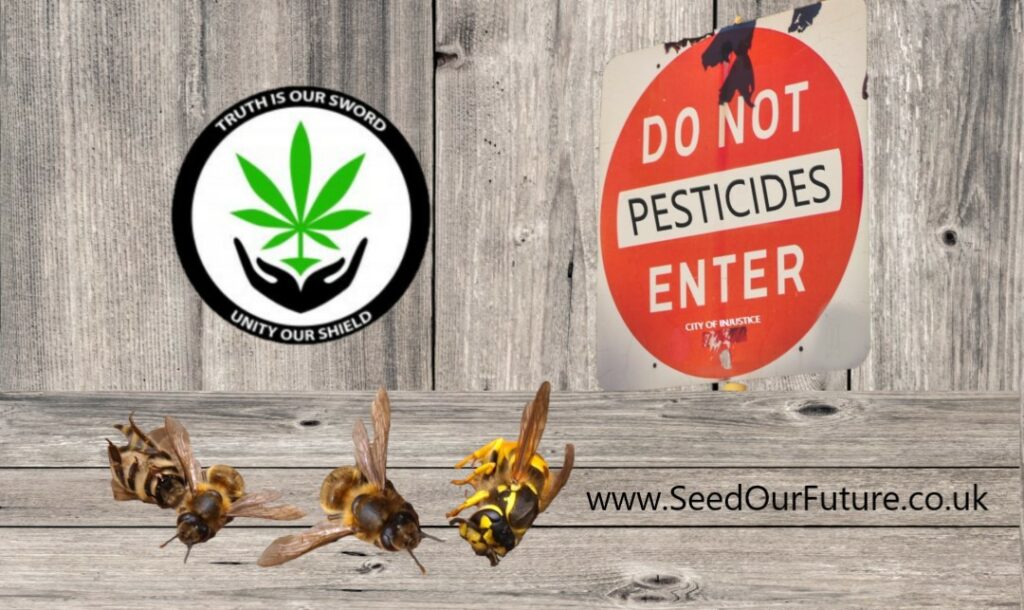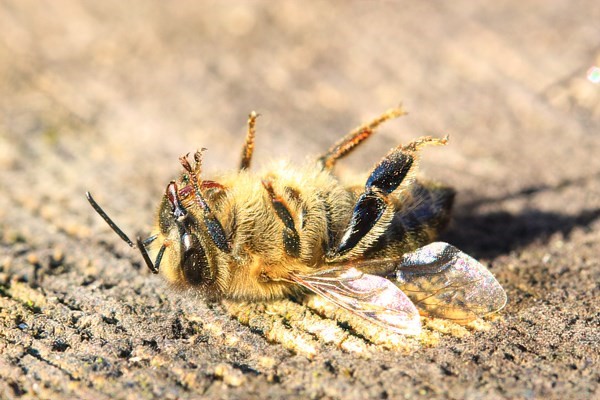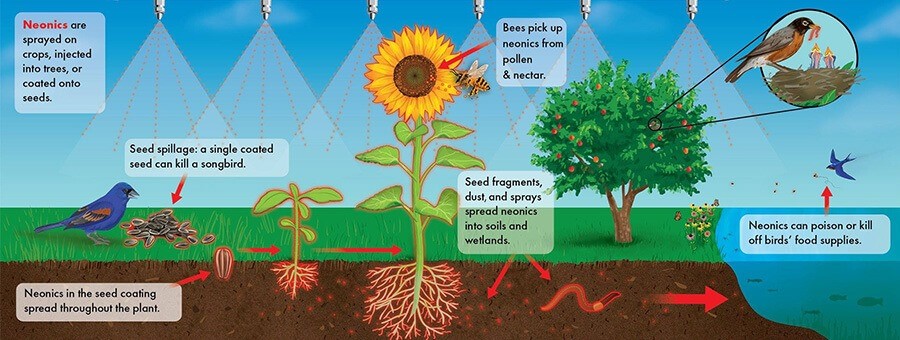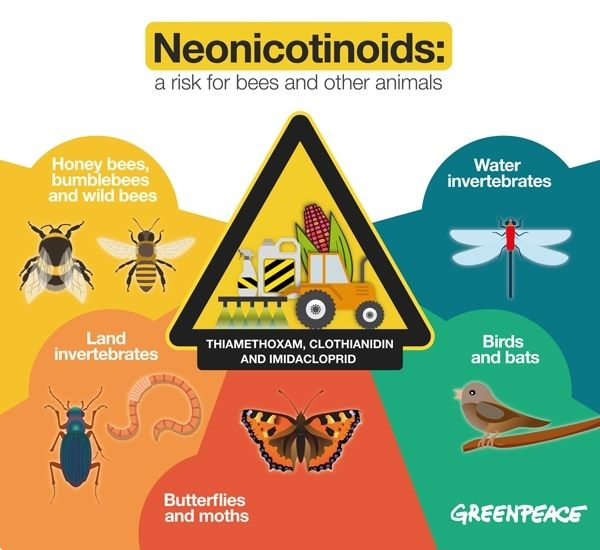Those Pesky Growers
The pesticide used to kill a virus
Earlier this month the man in charge of British Sugar, Mr. Paul Kenward, welcomed the news our Government has reversed a banned toxic pesticide. The pesticide is used to kill a virus that effects sugar beet.
British Sugar is the sole processor of the UK’s sugar beet crop, so it is rather unsurprising that Mr. Kenward is pleased with the government’s decision. Unfortunately, environmentalists believe it kills our bees.

British Sugar also grows Cannabis for GW Pharmaceuticals, who are the world’s largest exporters of Medical Cannabis.
This caused a huge conflict of interest for Paul Kenward’s wife, Victoria Atkins, who was responsible for drug policy, yet refused to acknowledge the vast therapeutical properties of the plant, while her husband was legally permitted to grow Cannabis, for medical use.

We have to ask ourselves is there preferential treatment being given to those with political connections or are these decisions by government for the benefit of all, not just the select few?

Environmentalist & author George Monbiot tweeted: “There’s vast scientific literature showing how neonicotinoid seed treatments enter the ecosystem, affecting a wide range of species.
It is outrageous that, in response to NFU and industrial lobbying, the government has allowed these poisons to be spread.”
There are peer reviewed studies about Neonicotinoid’s attached to Georges tweet, which can be found here
It's Outrageous!

Farmers Weekly
In 2018 when this pesticide was banned, Bayer supported by the NFU (National Farmers Union), launched an appeal.
An article on Farmers weekly quoted NFU chief legal adviser Nina Winter said: “Our intervention focuses on errors we believe were made by the General Court.
It allowed the commission to bring in the restrictions without a proper cost-benefit analysis – the commission didn’t assess either the impacts on bees or on farmers when it brought in the restrictions – and the court didn’t hold the commission to the requirements of the legislation which sets out how approvals are to be reviewed’.
This is an excerpt from the government’s article on the environmental risks of neonicotinoids: ‘However, only approximately 5% of the neonicotinoid active ingredient is taken up by crop plants (Sur and Stork 2003) and most instead disperses into the wider environment (Goulson 2014).’. The full report can be found here
There are many great articles, studies & images showing how these pesticides effect our wider environment. The prior image from American Bird Conservancy and this one from Greenpeace UK, who also have a petition specifically about this subject which you can find here.

Its a betrayal
What is the cost-benefit of unbanning such a substance? At what cost to our environment & what benefit, to who? We need to be asking more from those in government.
Are we putting profit margins above the health of our environment? It would seem so, agriculture around the world is dominated by commercial monopoly capital.
This is not the answer, it is a betrayal to our planet. We need a sustainable future that will rid agriculture & our food chain of these poisons and reintroduce natural farming, how nature always intended it to be.
#NatureKnowsBest

Address
2 Fore Street, Moretonhampstead, Newton Abbot, England, TQ13 8LL, United Kingdom

Contact Us
seedourfuture@mail.com
Copyright ©2021
Seed our Future is proudly powered by WordPress

